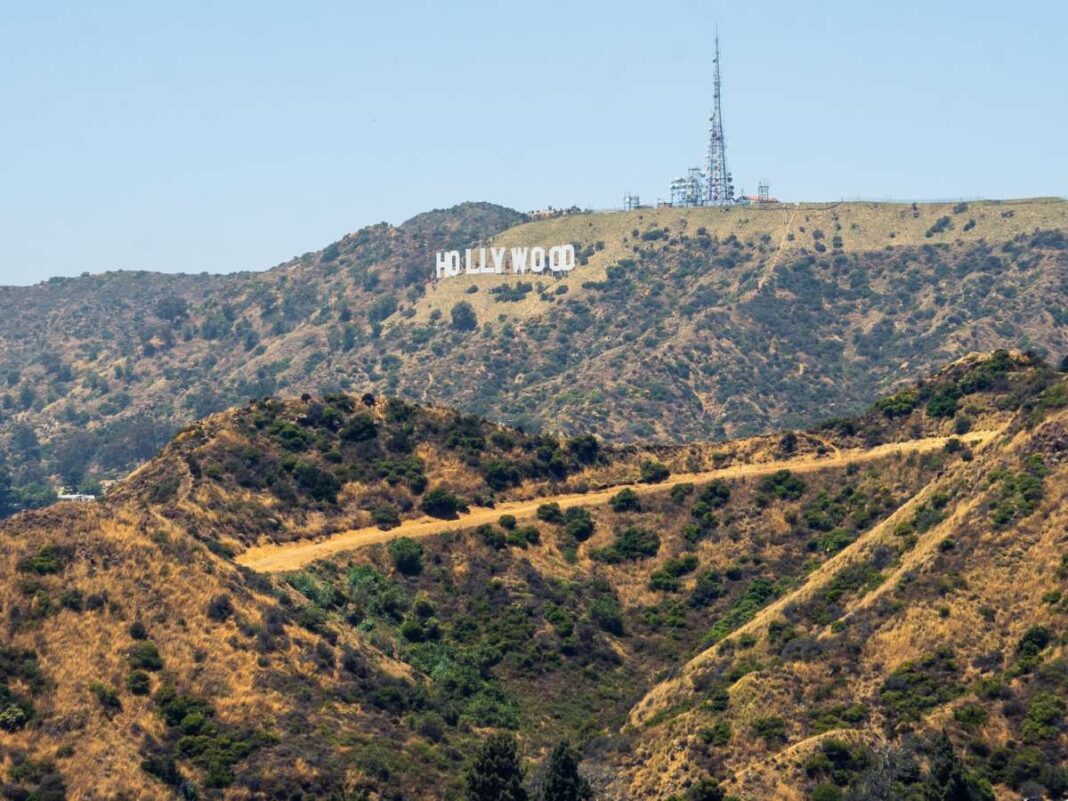The glitz and glamour of Hollywood have long captivated audiences worldwide. Yet, behind the scenes, the film industry has been grappling with a significant challenge: its environmental impact. As climate change becomes an increasingly pressing issue, Hollywood is undergoing a green revolution, transforming its practices to become more sustainable without sacrificing the magic of moviemaking.
The Environmental Footprint of Film Production
The scale of modern film productions is immense, involving extensive resources, large teams, and global travel. This scale has led to a staggering carbon footprint. For instance, a British Film Institute report revealed that big-budget films emit approximately 2,840 metric tons of CO₂ each, primarily from fuel use, energy consumption, air travel, and accommodation.
The Cost of Spectacle: Environmental Damage from Iconic Films
Over the years, several film productions have left a lasting negative impact on the environment. The 2001 film The Beach caused permanent damage to Ko Phi Phi Le beach in Thailand because of the alterations made to the natural landscape for filming. Similarly, Pirates of the Caribbean used excessive fuel during its 2003 production, and abandoned sets from movies like Looper and The Fugitive have scarred natural landscapes.
The Push for Change: Sustainable Initiatives Take Center Stage
Recognizing the urgent need for change, Hollywood is embracing sustainability through various initiatives. Production companies like Netflix are implementing greener practices, such as using electric power generators, hiring local crews to reduce travel needs, and employing virtual environments instead of constructing elaborate sets.
Innovations in Sustainable Filmmaking
Virtual production technologies are revolutionizing the way movies are made, allowing filmmakers to create immersive digital environments. This approach reduces the need for physical sets and extensive travel, minimizing material waste and cutting down on travel-related emissions.
Green Riders and Industry Collaboration
Actors are leveraging their influence to promote sustainability on set. The Green Rider campaign, co-founded by British actor William Attenborough, introduces agreements between actors and production companies that focus on sustainable practices in areas like travel, energy, materials, and food. This initiative aims to shift set culture toward meaningful environmental change.
Sustainable Production Practices in Action
Recent film productions are showcasing innovative sustainable practices. For instance, the upcoming Alien Romulus used recycled cardboard for sets, which were then recycled again after filming. Kingdom of the Planet of the Apes treated thousands of liters of water used for special effects so it could safely return to the water system.
The Role of Storytelling in Promoting Sustainability
Hollywood is not only changing behind the scenes but also in front of the camera. Films like Avatar: The Way of Water, Don’t Look Up, and The Day After Tomorrow embed environmental themes into their narratives, influencing audiences and highlighting the urgency of climate change. Advocates believe that storytelling can inspire eco-conscious behavior on a global scale.
Challenges and the Path Forward
Despite the progress, significant challenges remain. The industry’s reliance on global travel and energy-intensive sets continues to contribute to emissions. Accurate emissions data is critical but still lacking, with self-reporting prevalent. However, collaborations between studios, production companies, and environmental organizations are paving the way for cleaner technologies and methodologies.
The Audience’s Role in Hollywood’s Green Revolution
Viewers can influence the industry’s direction by supporting environmentally conscious films. Moviegoers can contribute by using digital tickets, recycling packaging, and choosing cinemas that offer local, fair-trade snacks. Some cinemas are replacing printed posters with digital screens and promoting reusable drinkware to further reduce waste.
Conclusion
Hollywood’s embrace of sustainability represents not just an industry shift but a cultural one. By reimagining production practices, leveraging star power for environmental advocacy, and weaving sustainability into storytelling, the film industry is poised to make a significant impact in the fight against climate change. The green revolution in Hollywood is just beginning, but its potential to inspire global change is immense.

